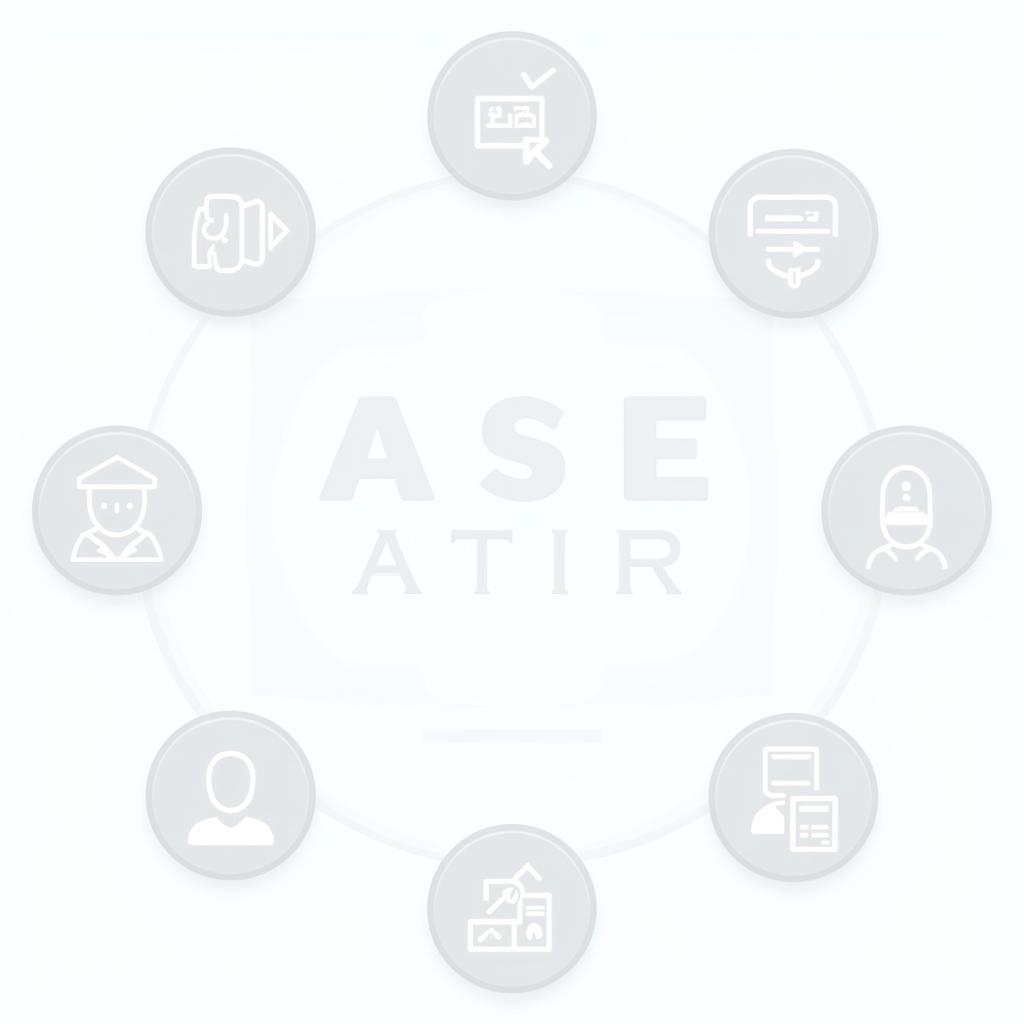The ASEAN Science Council (ASC) plays a pivotal role in promoting scientific cooperation and innovation within the Southeast Asian region. Established in 1989, the ASC serves as a platform for collaboration among scientists, researchers, and policymakers from all ten ASEAN member states. This council aims to address regional challenges and advance sustainable development through scientific endeavors.
The ASC: A Catalyst for Scientific Progress in ASEAN
The ASC’s primary objectives are to:
- Foster scientific cooperation and exchange of knowledge: The council facilitates collaborations among ASEAN researchers, encourages joint research projects, and promotes the sharing of scientific findings.
- Develop and implement regional science and technology policies: The ASC advises ASEAN member states on science and technology policies and strategies, aiming to align their scientific priorities with regional goals.
- Strengthen the capacity of ASEAN’s scientific and technological infrastructure: The council supports the development of scientific institutions, laboratories, and research facilities across the region.
- Promote science education and public awareness: The ASC emphasizes the importance of science education and raises public awareness about the role of science in addressing societal challenges.
Key Initiatives of the ASEAN Science Council
The ASC has initiated several noteworthy programs to achieve its objectives, including:
- ASEAN Science and Technology Scholarship Program: This program provides scholarships for ASEAN students pursuing postgraduate studies in science and technology.
- ASEAN Science and Technology Week: This annual event brings together scientists, researchers, and policymakers from ASEAN member states to discuss scientific advancements and collaborate on research projects.
- ASEAN Science Fund: This fund provides grants for collaborative research projects involving scientists from different ASEAN member states.
Benefits of the ASEAN Science Council
The ASC’s work has significantly contributed to the advancement of science and technology in Southeast Asia, fostering:
- Increased scientific collaboration: The council has facilitated numerous collaborative research projects involving scientists from different countries in the region.
- Enhanced regional capacity building: The ASC has supported the development of scientific infrastructure and human resources in ASEAN member states.
- Improved scientific communication: The council has established mechanisms for sharing scientific knowledge and promoting dialogue among scientists in the region.
The Future of the ASEAN Science Council
As ASEAN continues to face challenges related to climate change, sustainable development, and emerging technologies, the ASC’s role will become even more crucial. The council is expected to:
- Strengthen its focus on emerging technologies: The ASC will prioritize research and development in areas such as artificial intelligence, biotechnology, and renewable energy.
- Promote regional integration in science and technology: The council will strive to create a more cohesive and integrated scientific community within ASEAN.
- Enhance communication and outreach: The ASC will expand its communication efforts to engage with the public and raise awareness about the importance of science.
FAQ
Q: What are the benefits of the ASEAN Science Council for individual researchers?
A: The ASC offers researchers opportunities for collaboration, funding, and professional development. The council also provides a platform for researchers to share their work with a wider audience and contribute to the advancement of science in the region.
Q: How can the ASC help to address regional challenges such as climate change?
A: The ASC promotes research and development in climate change mitigation and adaptation, supports the development of sustainable technologies, and encourages collaboration among scientists working on climate change-related issues.
Q: What are the current priorities of the ASEAN Science Council?
A: The ASC’s current priorities include promoting research in emerging technologies, strengthening regional integration in science and technology, and enhancing communication and outreach.
Q: How can I get involved in the work of the ASEAN Science Council?
A: You can get involved in the ASC’s work by participating in its programs, attending its events, and supporting its initiatives. You can also stay updated on the ASC’s activities through its website and social media channels.
The ASEAN Science Council serves as a crucial catalyst for scientific advancement in the region, promoting collaboration, innovation, and sustainable development. By fostering a dynamic and vibrant scientific community, the ASC is instrumental in ensuring a prosperous and resilient future for Southeast Asia.


